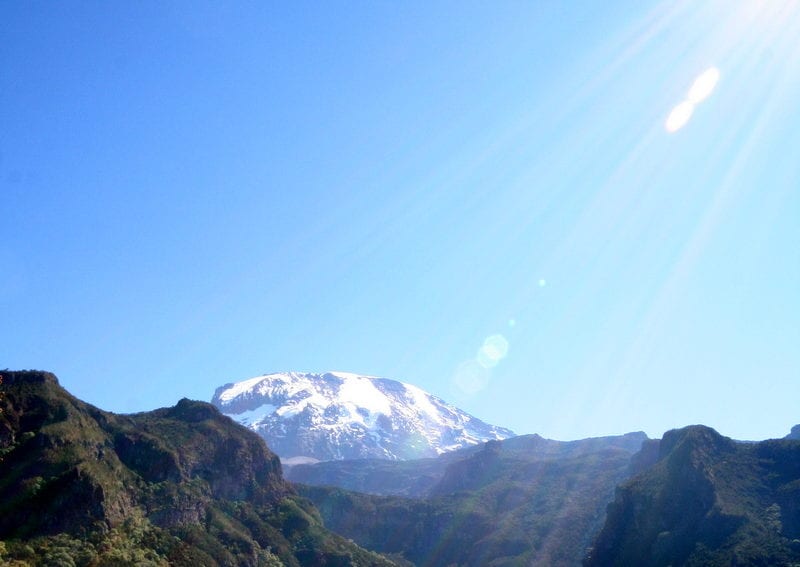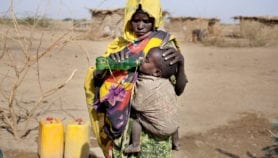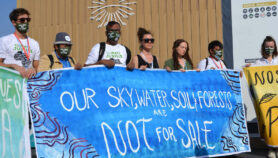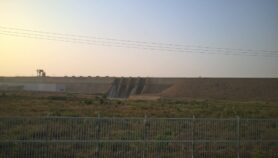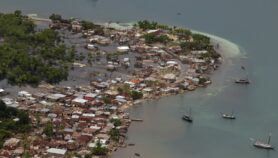By: Esther Nakkazi
Send to a friend
The details you provide on this page will not be used to send unsolicited email, and will not be sold to a 3rd party. See privacy policy.
[KAMPALA] Scientists and policymakers could soon acquire new information on how climate and glaciers of Africa’s mountains interact, including their effects on local communities following a two-week expedition to Rwenzori Mountains that began this month (18 January).
Rwenzori Mountains, which is also known as Mountains of the Moon, lies on the border between south western Uganda and the Democratic Republic of Congo and is known to have shrinking glaciers.
Scientists have predicted that Rwenzori Mountains’ glaciers may vanish as early as the mid-2020s.
“The shrinking of these unique African glaciers, along with the obvious loss on sustainable water supplies, pose[s] major threats to local communities.”
Luc Hardy, Pax Arctica
“The shrinking of these unique African glaciers, along with the obvious loss on sustainable water supplies, pose[s] major threats to local communities,” says Luc Hardy, the leader of the expedition and founder of Pax Arctica, an organisation that promotes awareness of the impact of climate change on arctic regions.
Studies have also shown that from 1906 to 2003, Rwenzori Montains’ areas that have glaciers decreased from 7.5 square kilometres to less than 1 square kilometre. Research efforts to discover the ecological consequences of the glaciers on mountain ecosystems and the impact of their disappearance are now critical, says Hardy.
The four-member team — including experts from Makerere University’s Mountain Resource Centre and Green Cross International — will collect data on the width, length and thickness of the ice floor, the plant species in the region and soil acidity. Photographs and videos from the study will be given to Makerere University’s Mountain Resource Centre, for which the expedition is also meant to build their glacial monitoring capacity.
The team hopes to raise awareness of Africa’s vanishing glaciers and the global water crisis, according to a joint statement from PaxArctica, Makerere University and Green Cross International.
Chebet Maikut, the deputy director of the climate change unit of Uganda’s Ministry of Water and Environment, says: “The showcasing study will inform decision-makers on which policies to pass and the actions to encourage community to take”.
He adds: “The information will also guide us in budget allocation and how we sign agreements with our neighbours because some of these are transboundary resources”.
In May 2013, River Nyamwamba in Kasese district located at the foot of Rwenzori Mountains flooded causing four deaths and displacing 1,500 people. The local communities blamed the flooding on the Rwenzori’s melting glaciers.
However, Richard Atugonza, a student at Makerere University’s Mountain Resource Centre, who is a member of the expedition team, says they have conducted research and established that the melting glaciers were not responsible for the flooding, arguing that after all, the largest volume of water that melts from the Rwenzori actually goes to the Democratic Republic of Congo.
Mountain guide Enock Bwambale says the beauty of the mountain is being lost as a result of the melting glaciers, while revenue from tourists is also dwindling.
This article has been produced by SciDev.Net's Sub-Saharan Africa desk


